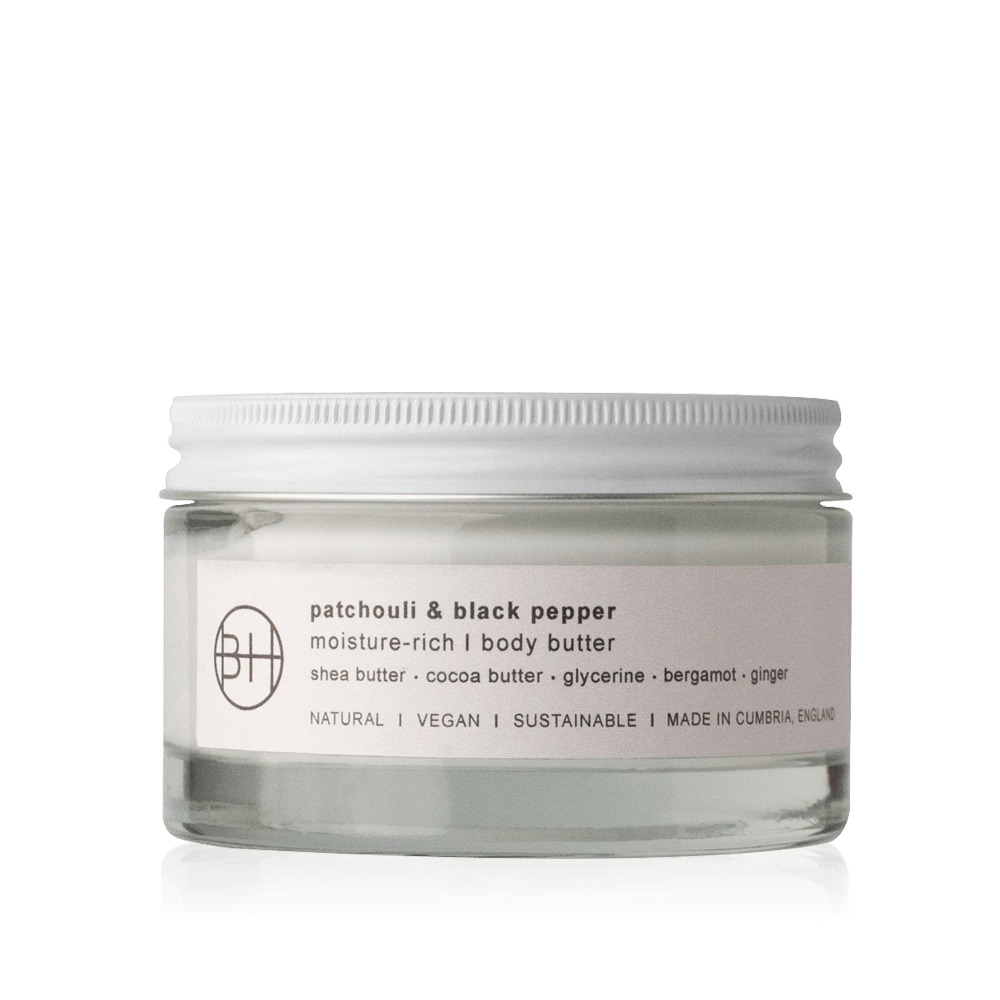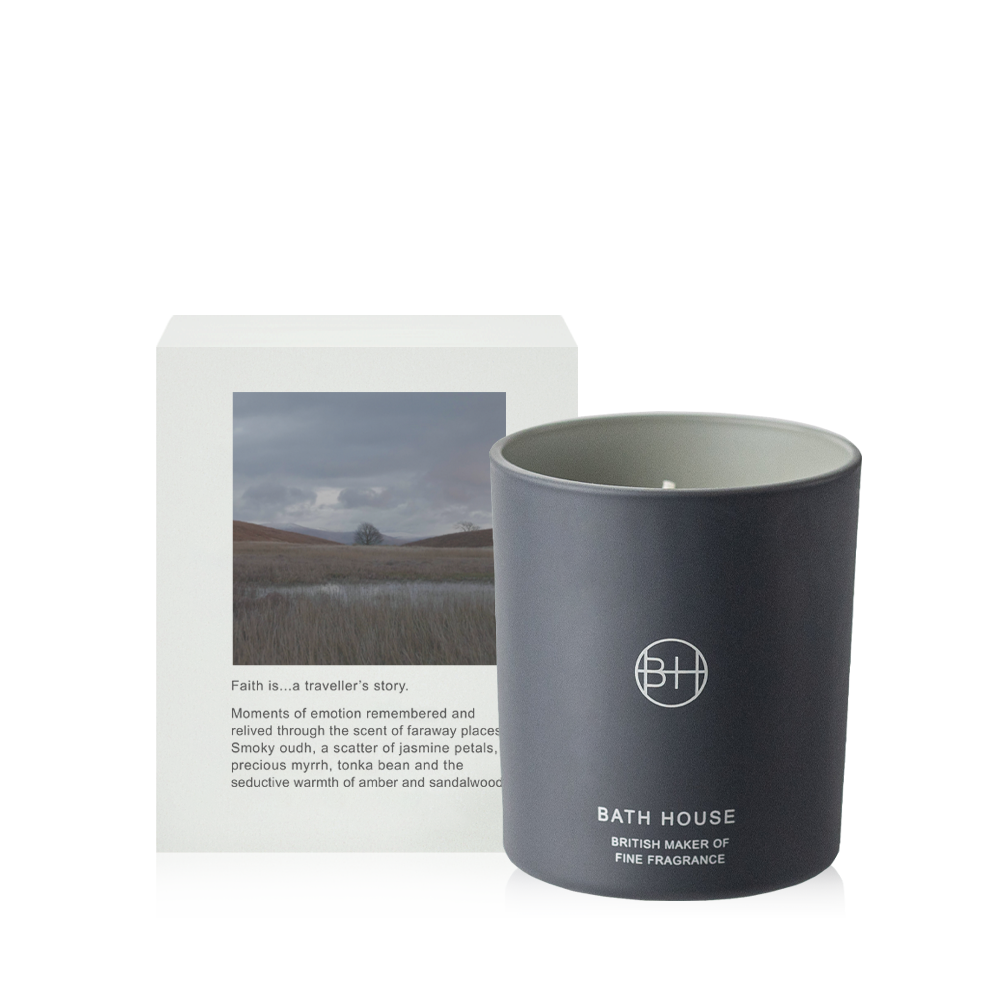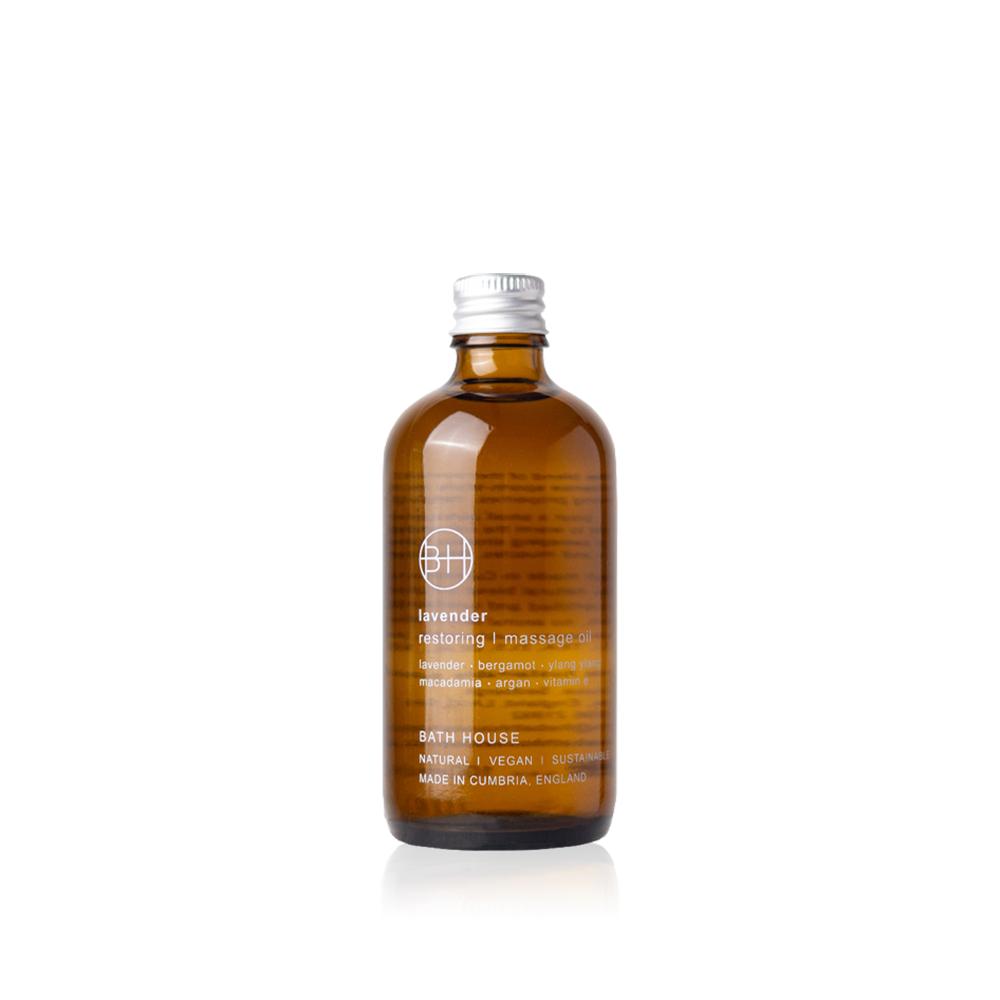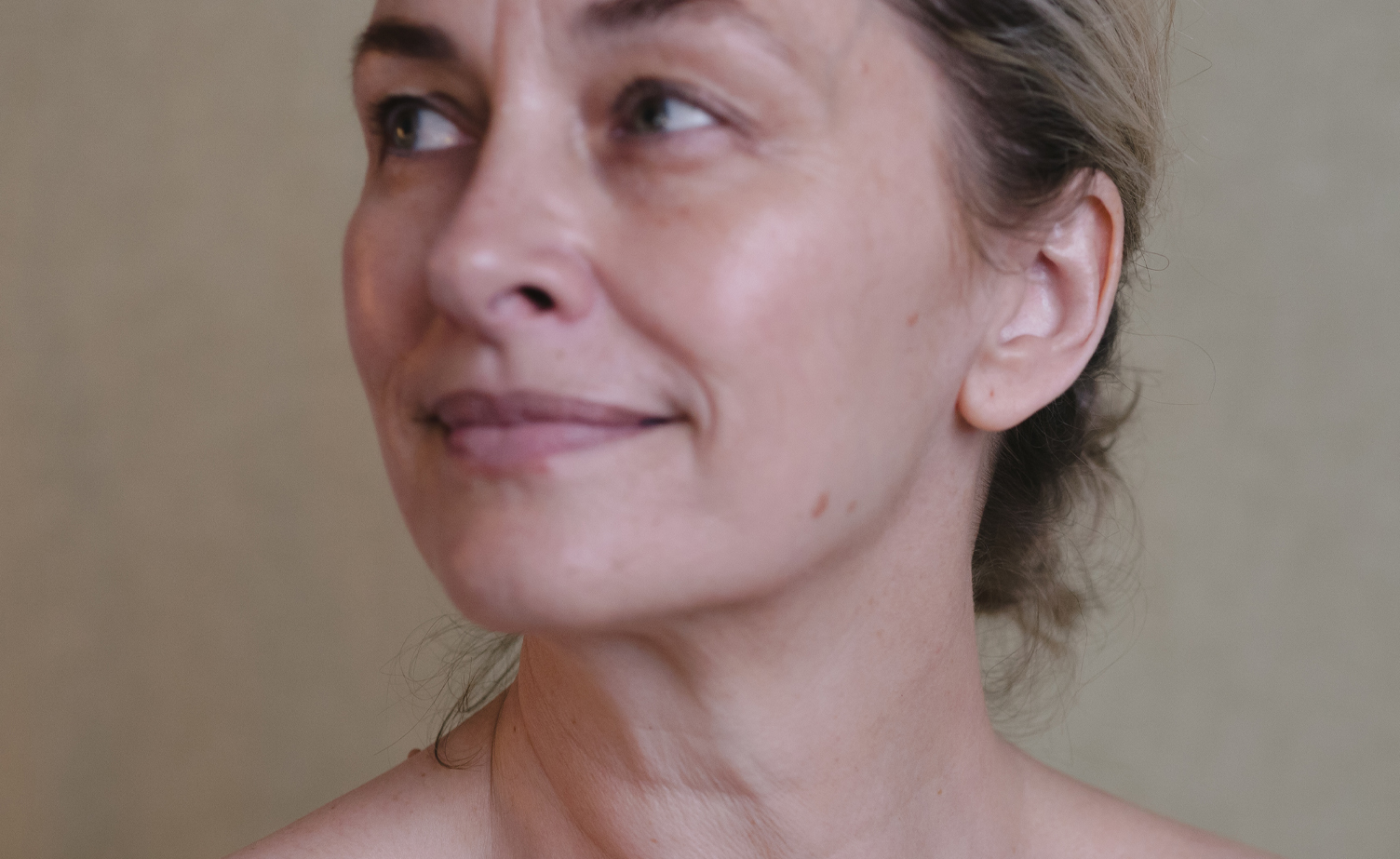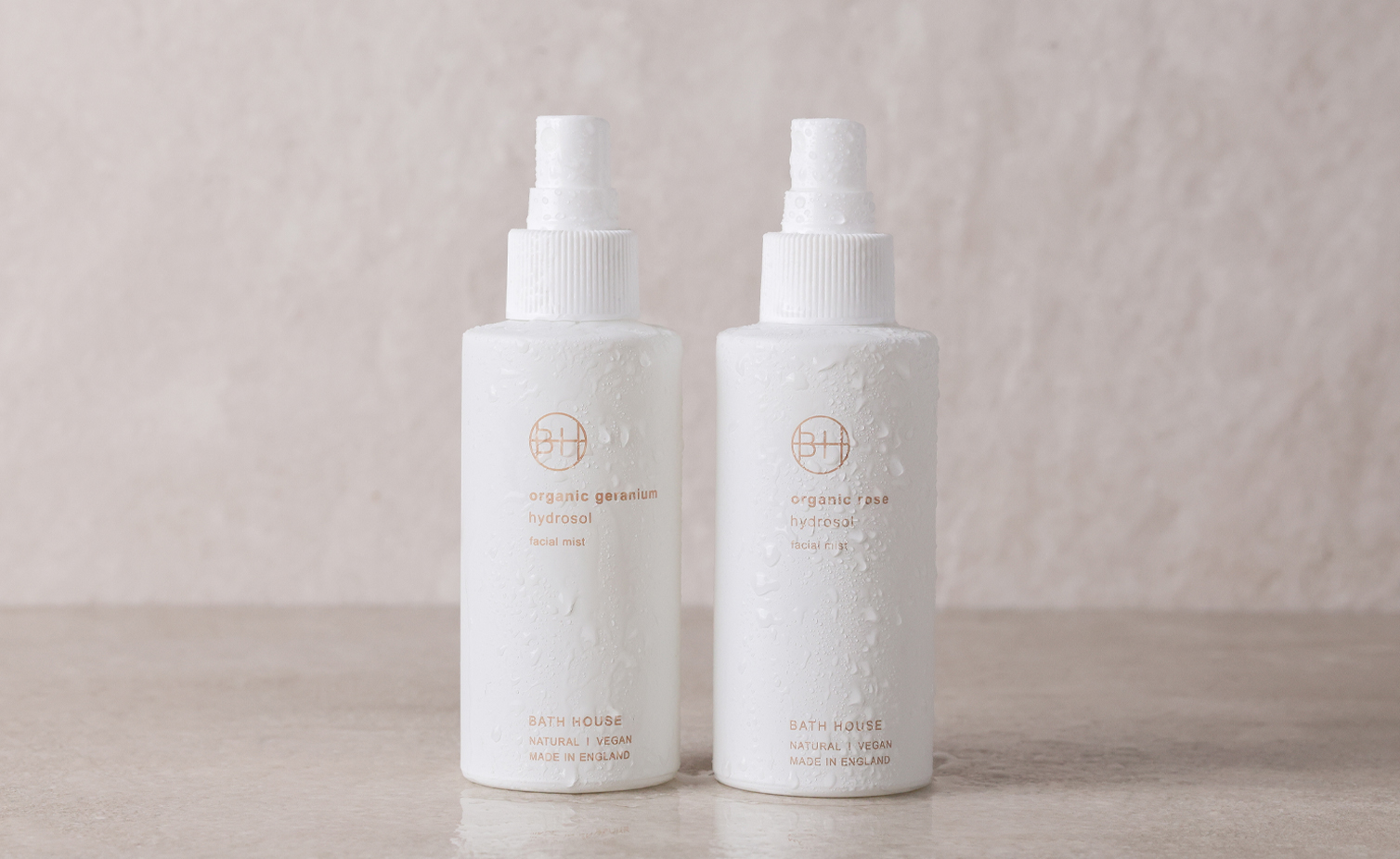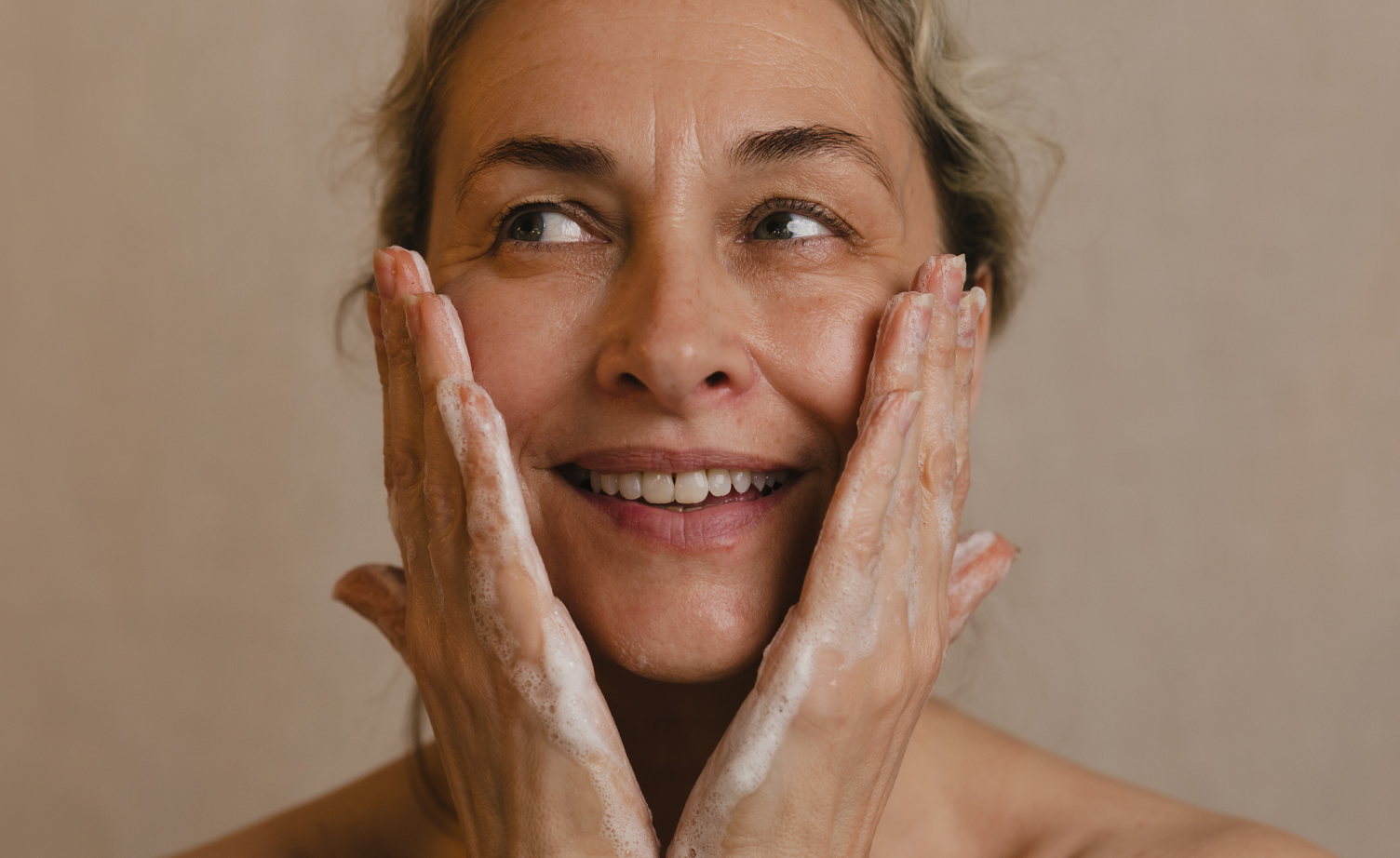I have always been passionate about nature, natural healing, and beauty since I was very young; being raised in the countryside meant that I was used to meandering through the hills and forests, searching for herbs and flowers and natural ways to heal the body and mind the way my family had done for generations. More recently my interest in nature, health and wellbeing has led me to explore the science of sleep and I have become fascinated by Aristotle’s perspective on sleep and dreaming; he argued that every living thing, and all the parts that make them up right down to the cells, works towards a greater purpose in terms of health. Sleep, then, finds its role in the recovery and restoration of the body physically, allowing energy to be devoted to replacing cells and building up the skin’s natural barrier as we sleep. Many of us, in fact, wonder at some point where we go to in our sleep, walking the line between dreaming and waking, and many throughout the years have sought to find some understanding of this unconscious frontier, a shared experience for all of us that seems completely inaccessible from the outside world.

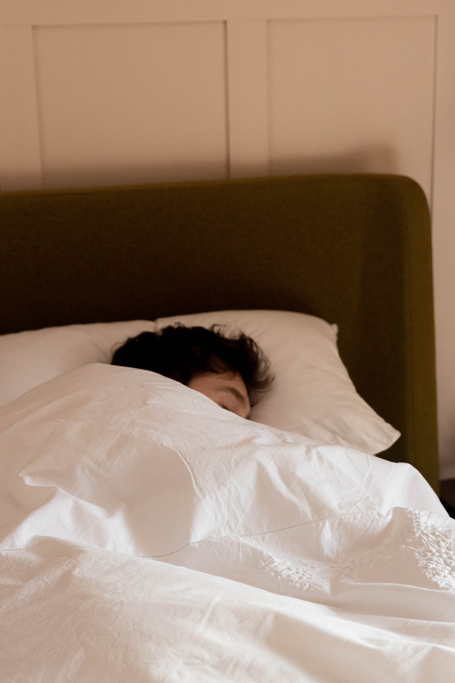
From the moment that we open our eyes, and taking our first breath, sleep is an ever-present companion, providing some repose from the waking world. Indeed, our formative years are spent sleeping a great deal, and this in itself suggests some of the roles that sleep plays in the growth and generation of our bodies; at night, sleep provides a break, a time when our body can channel its energy to heal wounds, replenish cells, and maintaining our general health.
Recognition of this connection between sleep and healing has its roots in the history of many different cultures, and for many took on an almost supernatural quality; in Ancient Greece, it wasn’t uncommon to visit the Asclepeion, a temple devoted to the god of Healing and Wellness, where the slumbering devotee would receive divine information and healing in their dreams; dreaming itself has been seen as an almost holy act, either propelling the dreamer into the hazy lands of Somnos or revealing hidden truths, and even Aristotle commented on the connection between dreams and health, arguing that the dreaming state allows for greater awareness of the body when not overwhelmed by the onslaught of the waking world.

In modern times, we are seeing more research suggesting the vital role that sleep plays in health and recovery; for example, results from a variety of sleep studies and assessments of health have found evidence that interrupted sleep, poor sleep quality, and not getting enough sleep all to have a damaging effect on cellular recovery and organ function, across people and professions, and as such it would be wise for us all to try and prioritise a good night’s sleep. Not only does this support our general health, but nothing gives the skin a healthy glow of vitality like a good night’s sleep (and indeed many of us can attest to the ravages on our skin that a bout of insomnia can leave behind). Sleep also provides a great deal of fortification against the stresses and rigors of the day, as a well-rested mind is far more likely to have the flexibility and dexterity needed to navigate a harassing and difficult day at work, or a calamity at home; I always find that a poor night’s sleep leaves me foggy-headed and desperate for a caffeine boost (I acknowledge, that comes with its own issues and eventual crash).
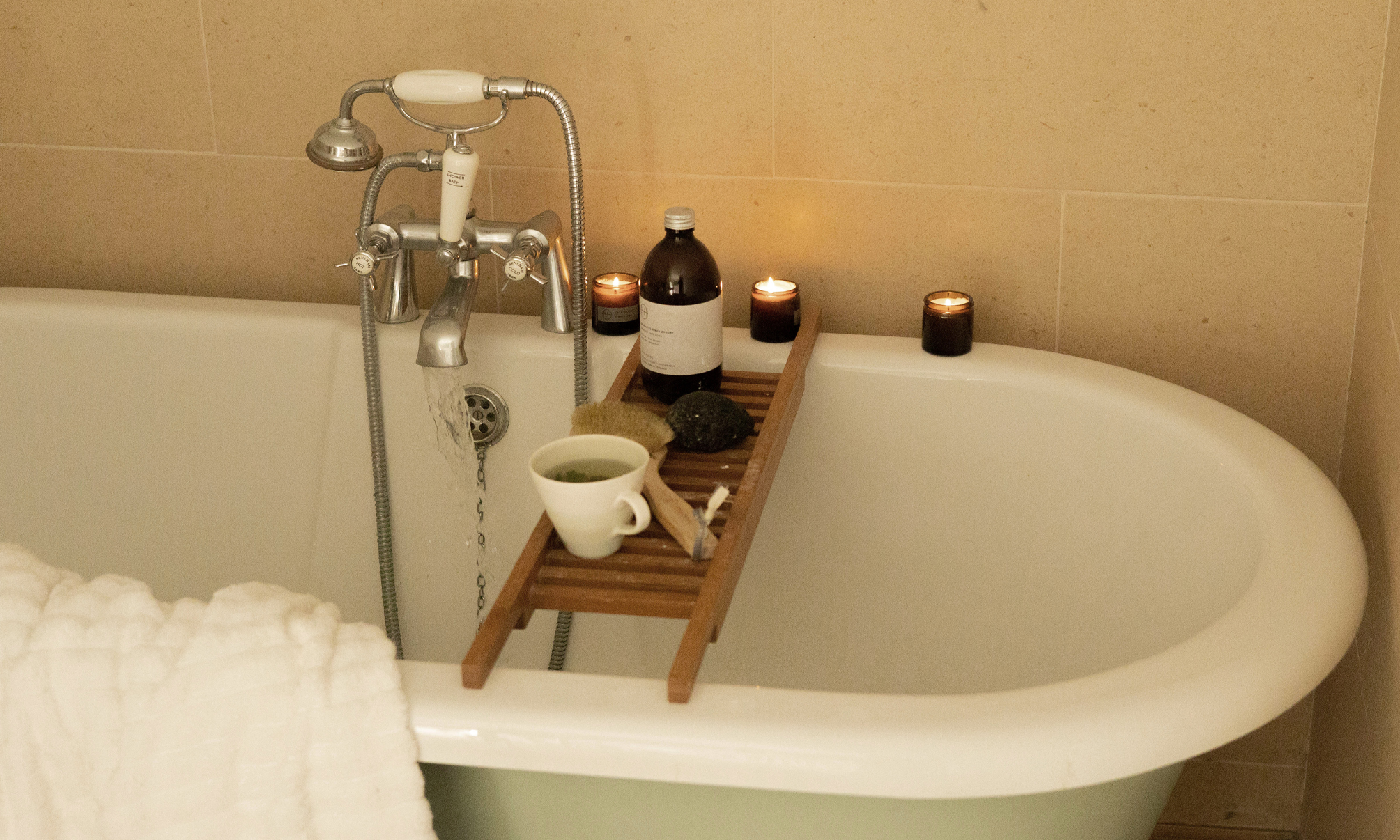
Given, then, that sleep has such an apparent role in our ongoing health, how can we prioritise it and make the most of our restful hours? There are a few simple guidelines that we can all follow that can help boost the quality and quantity of our sleep, and a few things that might be best avoided –
Kick out the caffeine
First, unsurprisingly, is kicking out the caffeine; certainly, later in the day, caffeine plays havoc with our rest and can leave you tossing and turning into the small hours despite never giving the rush of energy it promises. If you’re craving a hot drink or a boost of energy, a herbal tea such as peppermint can provide a far more stable and holistic boost, as well as support digestion and mental performance; if you’re more interested in a sleep aid, lavender or chamomile are lovely teas for an evening that quiet the mind and ease the mental chatter that can stop us from switching off, though for the true insomniac, valerian root or passionflower (if taken responsibly) are also good choices.
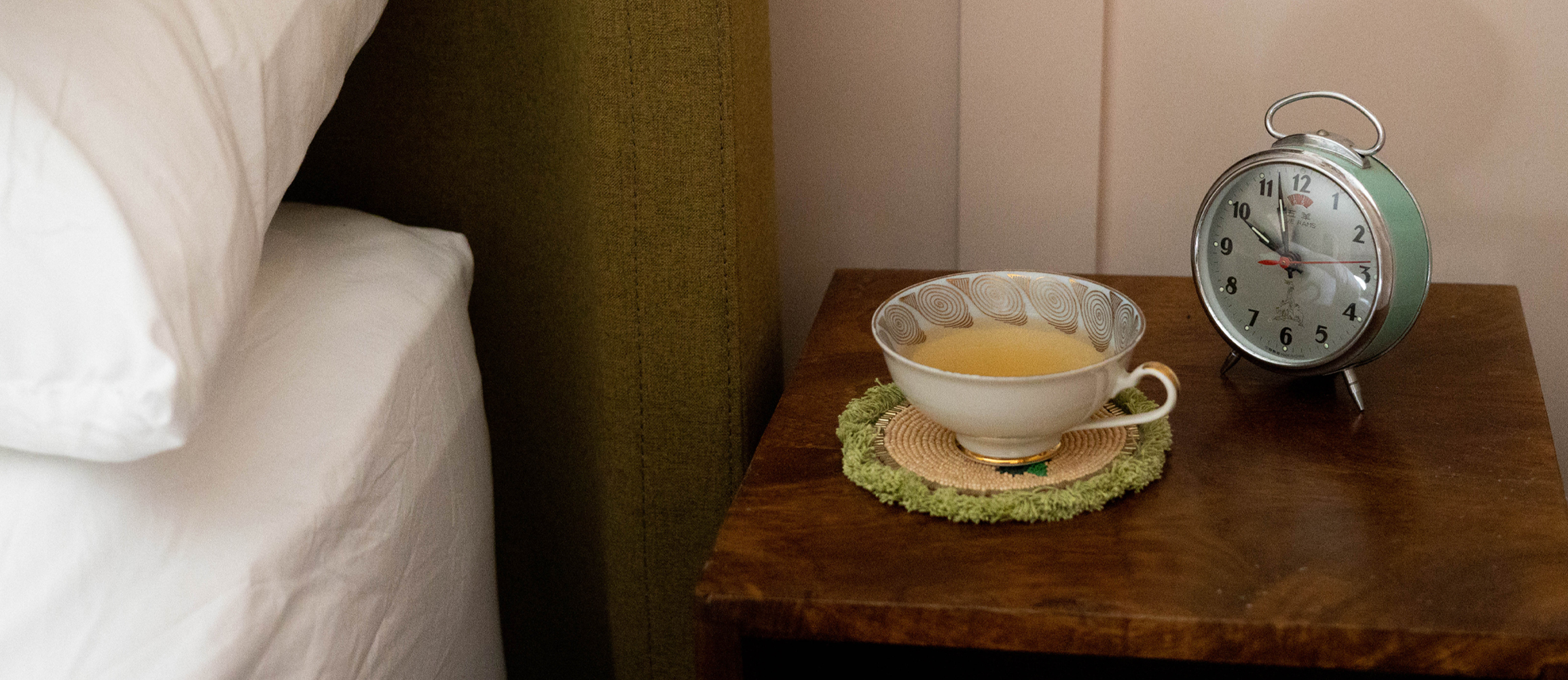
Set the tone for sleep
Secondly, we need to practice good sleep hygiene, a phrase that isn’t quite as it sounds; this is less about putting on clean bedding and more about how we keep our sleeping habits clean and running smoothly; many of us will watch TV or play on our phones in bed, but as well as suffering the effects of blue light (a known culprit in preventing decent sleep as it reduces our levels of melatonin), we can begin to lose the association between our beds and resting, and half the battle in nodding off is convincing our minds to do so. So, try and treat your bed as a sacred space preserved only for sleeping (and possibly a nice calming book), and add in a strictly ‘no screens in bed’ policy for good measure.
Maintain a ritual
Thirdly, a great way to get yourself mentally and physically ready for bed is to develop a few restful bedtime rituals, making the most of your night and treating yourself to some luxury as a reward for prioritising your sleep. I like to begin with a warming cup of herbal tea to start calm my mind, with lavender or chamomile being some of my favourites to help me unwind. Yoga or stretches are another great way to help physically unwind, to loosen the body before recovering during sleep. I like to finish the night with a decent body cream; sleep is a great chance to hydrate the body from inside and out, and combined with a good herbal tea, a nice rich body cream will help you wake the next morning with soft skin and the energy to face the day. I prefer the Patchouli & Black pepper body butter in the evening, as the combination of Shea and Cocoa butter helps to leave the skin soft and silky, and the lavender notes of the perfume help you drift off into the night. I’m also a big fan of an evening bath before bed, as the warmth helps loosen the limbs and gets you in the right state of mind for sleep, especially when paired with a foaming bath soak and maybe a candle or two for a little extra luxury.

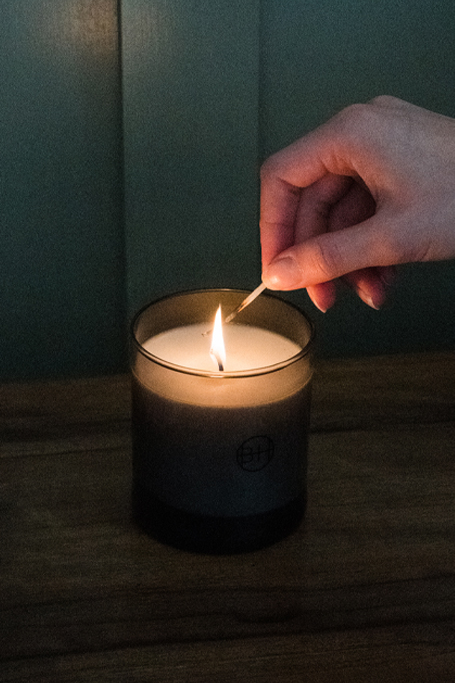
Sleep, whilst an unconscious part it may be, is still crucial to wellness and self-care, and to make the most of your waking life must mean cutting out bad habits and prioritising routines that contribute to good sleep health; living well has to include sleeping well.
I hope you find the journal useful, and that it will help you tonight to benefit more from a truly restful, calming sleep. Here are my top recommendations for your sleep routine –


